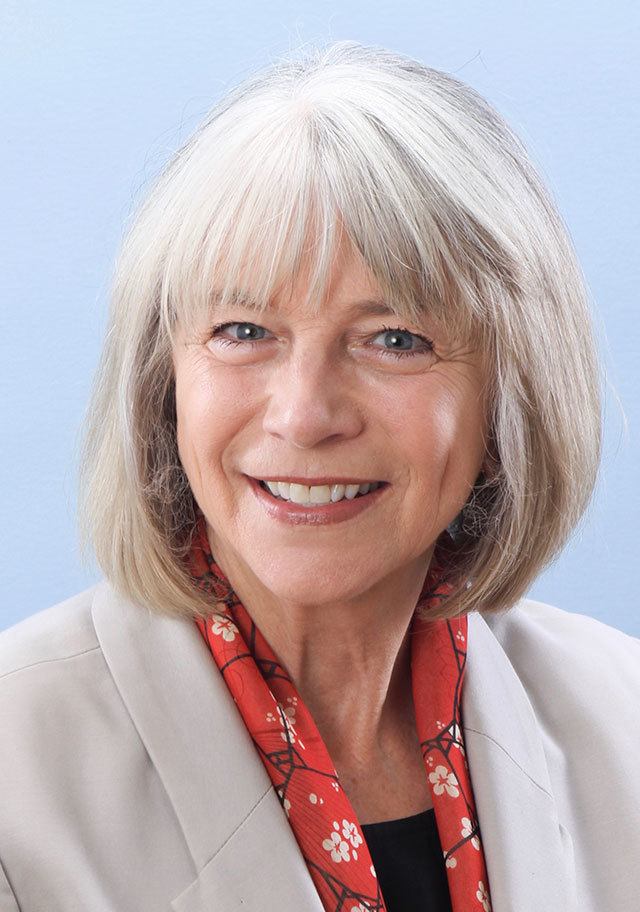The quiet race for South Whidbey’s state representative seat just got a bit more interesting with the emergence of a third challenger.
Scott Chaplin, a Langley Democrat, was recognized by the state last week, Oct. 18, as a write-in candidate for position 1 in the 10th Legislative District.
The seat is currently held by four-term incumbent Norma Smith, a Clinton Republican.
Also seeking to unseat her is Michael Scott, a Camano Island Libertarian.
To date the race captured little attention, due in part to Smith’s largely silent challenger.
Scott participated in few to none of the forums in Island, Skagit and Snohomish counties, and has steered clear of the press. He declined a reporter’s request for an interview, instead emailing statement on his positions and why he’s running.
District wide, Smith claimed 73 percent of the vote in the primary election to Scott’s 27 percent. In Island County, her margin of victory was 59 percent to Scott’s 21 percent.
Chaplin acknowledged that his entry into the race just 22 days before the election as a write-in candidate doesn’t offer him good odds off winning.
Chaplin’s name doesn’t appear on the ballot.
“I think a lot of people get frustrated when they don’t have a real choice on the ballot, so I’m just offering my candidacy as a progressive Democrat choice for position 1,” he said.
Asked about Chaplin, Smith said she does not know him and offered no further comment.
Smith was appointed to position one in 2008 and has held the position ever since. If elected, this would be her fifth two-year term.
Smith counts her work in strengthening privacy and data security, sponsoring a bill that created a “standard” of protection and working with Gov. Jay Inslee to create the Office of Privacy and Data Protection, among her greatest achievements.
She spearheaded and sponsored a bill that created the Joint Center for Deployment and Research in Earth Abundant Materials, also referred to as JC Dream.
The center strives to make Washington a leader in the development and commercialization of next-generation clean energy and transportation technologies, and subsequently decreasing a reliance on foreign countries that produce raw materials with poor environmental practices and established human rights violations.
Looking ahead, Smith said satisfying the McCleary decision is a top priority.
The landmark case ordered the state Legislature to meet its “paramount” duty to fully fund education by 2018.
Smith served on the McCleary task force last year, and is currently serving on the Education Funding Task Force with eight other lawmakers.
The state has made progress, investing $4.6 billion into education thus far, and Smith is convinced the Legislature will meet its 2018 deadline. The progress in Olympia is a matter of debate, however, with the court making clear that it believes the state has not done enough; in 2015 it began fining the state $100,000 per day. Smith says the court is wrong.
“What they don’t understand is the progress that we’ve made,” she said.
Smith said nonpartisan attorneys working for the state have claimed the court doesn’t fully understand the complexities involving the mandate.
Chaplin sees the situation differently, saying he agrees with the court that the state’s progress has been sluggish at best. He blames the delays on “political gridlock” and is skeptical of promises the deadline will be met on time.
“I hope so, but it sounds like an echo chamber,” he said. “It’s been two years and no progress has been made.”
“Someone needs to shake things up.”
“If we could get the progressive Democrats in control of the House and the Senate, we could get a lot of things done,” he said.
Chaplin is campaign manager for Doris Breevort, the Mount Vernon Democrat challenging Dave Hayes, a Camano Republican, for District 10’s House position 2.
He said he’d planned to run for a state office in 2018, hadn’t decided which one, when he was urged by the chairman of the Island County Democrats to run this year.
Chaplin says mental health issues are big problem that need focus. Washington is cited as providing the lowest level of mental funding in the nation.
He said the decision to not “invest upfront” has resulted in paying later; he points to mass shootings as one symptom of a lack of needed services.
Smith says mental health is a priority for her as well, coming in as a close second to education.
Smith said the state has done a lot in past budget cycles, making investments into the Maple Lane Youth Detention Center for example, but that more needs to be done.
The exact direction should come from experts, people working in the trenches, she said.
Representatives from five counties are meeting to bring an “agreed upon, prioritized list” that will best benefit the region.
“I want them to prioritize that, not the Legislature because they’re delivering the services on the ground,” she said.
Once completed, lawmakers can work down the list by identifying funding.
Chaplin says the state could tap several revenue sources to pay for such services, among them overhauling what he described as one of the most “regressive” tax policies in the nation.
He would support a state income tax, and would consider other taxes, such as one on soda, candy and “junk” food.
Chaplin considers himself a “big picture” guy, someone focusing on global issues such as climate change, but that he would also pay attention to problems at home, such as protecting the environment and protecting funding for important programs.
In his emailed statement, Scott said he decided to run after surviving cancer several years ago.
He wrote that he believes he is alive only because of “extensive research that my family and I undertook to help save my life.”
Scott’s statement said he chose to run as a Libertarian because it was the closest “vehicle” to foster positive change.



